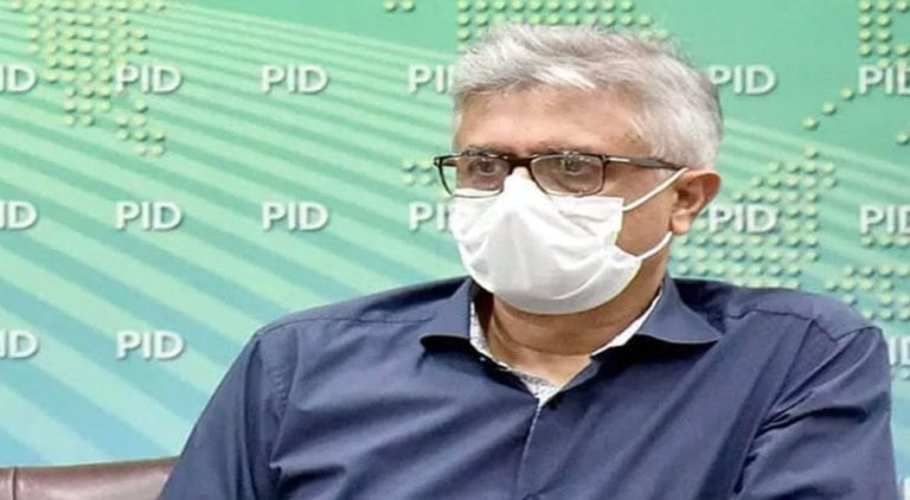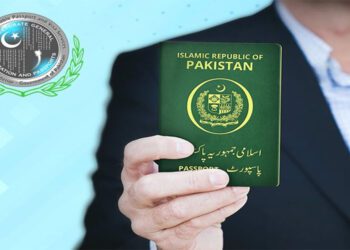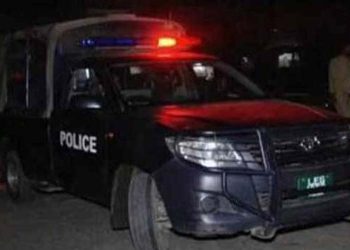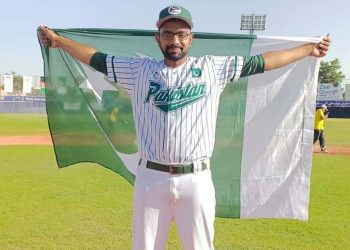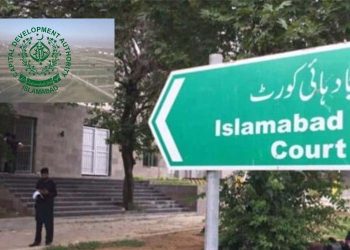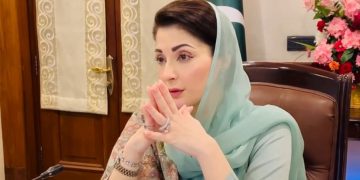ISLAMABAD: Special Assistant to the Prime Minister on National Health Services, Dr Faisal Sultan has highlighted the important role of media in creating awareness among the masses on social, national and international issues.
Addressing the participants of the five-day health journalist’s workshop via video link, Dr Faisal Sultanlauded the media’s role in creating awareness on public health issues and various preventable diseases in the country.
The special Assistantrequested the health journalists to report accurately and distinguishes between fake and correct news.
The workshop was organized by the Trust for Democratic Education and Accountability (TDEA) in collaboration with the Ministry of National Health Services, Regulations and Coordination at Bhurban with an aim to enhance the quality of health journalism in Pakistan.
Dr Faisal said that health journalists played an effective role during the COVID-19 high-risk period to educate people on taking preventive measures and following SOPS issued by the government. He informed the media about the COVID-19 vaccine activities and assured it would be provided to the people free of charge.
Keeping in view the large impact of social media, it was high time for health journalists to play their role in identifying the risks related to the pandemic and provide credible and timely information to the public, he added.
Dr Zafar Mirza, the former Special Assistant to the Prime Minister on National Health Services, Regulations and Coordination, highlighted the lessons learned from COVID-19, followed by a panel discussion on reporting the virus.
Dr Malik Muhammad Safi facilitated the workshop’s second day, with a dedicated session on COVID-19 in Pakistan. Dr Usman Mushtaq told the participants about the coronavirus’s basics, including the pandemic’s state in Pakistan and how to tackle it through preventive measures.
Samia Shah of Population Council informed the participants about population growth and the challenges it posed to health governance. Dr Raza Zaidi discussed the national essential health services package in his second presentation, followed by a question and answer session.
Lively and prolonged discussions followed, with the participants referring to their observations of the private healthcare sector’s state to seek more details about the regulatory framework.
Later, Dr Assad Hafeez, Dr Tausif Janjua, Dr Israr ul Haq, and Senior Health Journalist Waqar Bhatti spoke on mother and child health, malnutrition and stunting, polio and essential immunization program, and problems journalists face covering health, respectively.
Dr Amanullah Saif from the Drug Regulatory Authority of Pakistan informed the house about determining medicine prices, and Raisa Gul, Dean Faculty of Nursing and Midwifery, discussed the shortage of nurses in the country.
Dr Zaeem ul Haq gave a presentation on risk communication during COVID-19. The discussion that followed reflected the participants’ collective desire and the facilitators to have regular information sharing on drug pricing to avoid undue sensationalism.
On the concluding fifth day, Haroon Baloch, a social media expert, spoke about technology use in health journalism and the effective use of social media platforms.
The workshop ended with the participants expressing their satisfaction with the learning imparted with a unanimous desire for the continuation of the initiative to include and benefit other journalists.
For the purposes, the participants resolved that a network of health journalists may be established to assist the journalists in getting a better understanding of the health sector, advocate for recognition of health care as a basic human right in the constitution, provide a platform for interaction among policy-makers and ensure access to research and authentic information for journalists to improve the quality of health journalism in Pakistan.







